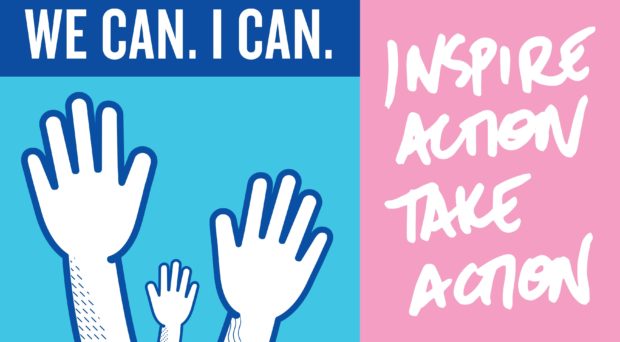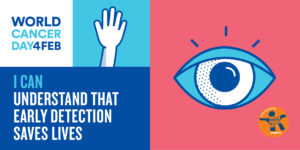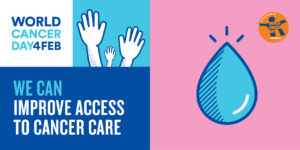
‘Make healthy lifestyle choices’ & ‘Prevent cancer’
Adapting lifestyle based on our expanding knowledge on cancer risk factors pays off, as shown in a study presented at the European Cancer Congress (ECCO) Congress last month. We learnt our lesson on the carcinogenic effects of UV light and started being mindful of sun and UV light exposure. That in turn resulted in lower rates of melanoma deaths in younger people from around 1960.
Maintaining healthy diet and weight, being physically active as well as avoiding smoking and excessive alcohol consumption remain the pillars of cancer prevention.
Recent research published in BMC Medicine consolidates the findings on smoking, concluding that smoking cessation significantly delays the risk of developing cancer and subsequent early death. Another meta-analysis in BMC Cancer showed that the risk of prostate cancer grows with increasing alcohol intake, starting at the low-volume consumption.
‘Understand that early detection saves lives’
Screening programs allow detecting cancer at an early stage, which in turn gives better chances for successful treatment. Such programs are already in place for bowel, breast and cervical cancer, both in the USA and the UK. As highlighted at the European Society for Medical Oncology (ESMO) Congress in October 2016, current priority for screening programs should be improving participation by overcoming barriers, such as physicians’ confidence in test prescribing, time constraints and limited patient awareness.

The search for non-invasive diagnostic methods continues. For example, in a recent study of 1,572 patients referred for colonoscopy, a prediction model (called COLONPREDICT) based on fecal samples and other clinical and laboratory variables, proved to be very effective in detecting bowel cancer.
‘Make my voice heard’
Patient representatives attend conferences (like ASCO Annual Meeting, ESMO 2016 Congress, or UK Breast Cancer Symposium 2016) and participate actively in discussions with the medical community. In turn, researchers and clinicians may hear patient stories that add a personal dimension and further motivation for continued research efforts.
A recent study across 8 countries in Southeast Asia showed that cancer survivors in low- and middle-income countries often experience significant psychological distress and lower quality of life. Programs aimed at patient wellbeing and appropriate policies may address this issue.
‘Improve access to cancer care’
Just this week, the American Society of Clinical Oncology (ASCO) named immunotherapy the advance of the year to recognize its steadily growing impact on clinical practice. This class of drugs, also called biologic therapy, boosts the immune system to fight cancer cells more efficiently. In 2016, a number of immunotherapy drugs were approved for clinical use in the USA and Europe.

However, as a survey-based study presented at ESMO 2016 showed, the access to drugs for metastatic melanoma varies across European countries. Compared to Western Europe, in Eastern and Southeastern European countries fewer patients had access to the latest treatment options. This is an important issue that needs to be urgently addressed by policy makers.
In a recent study, Tim Mackey and Virginia Schoenfeld looked at the use of social media and online campaigns by the patients seeking to get experimental therapies within the expanded access, also called “compassionate use” or “pre-approval access”. As there are concerns regarding the lack of reliable information available to patients and limitations of current systems, the authors suggested creating a comprehensive database of available programs and relevant data on treatment options.
‘Inspire action, take action’ & ‘Shape policy change’
Because cancer is such a heterogeneous disease, it is clear that breakthroughs can be facilitated by joining forces in such initiatives as The Cancer Moonshot or The Cancer Genome Atlas (TCGA). Collaboration and data-sharing between researchers and clinicians is vital; however, it is important that the medical community and patients also get involved in policy making processes to bring the latest research findings and patient experience to the table.
One Comment